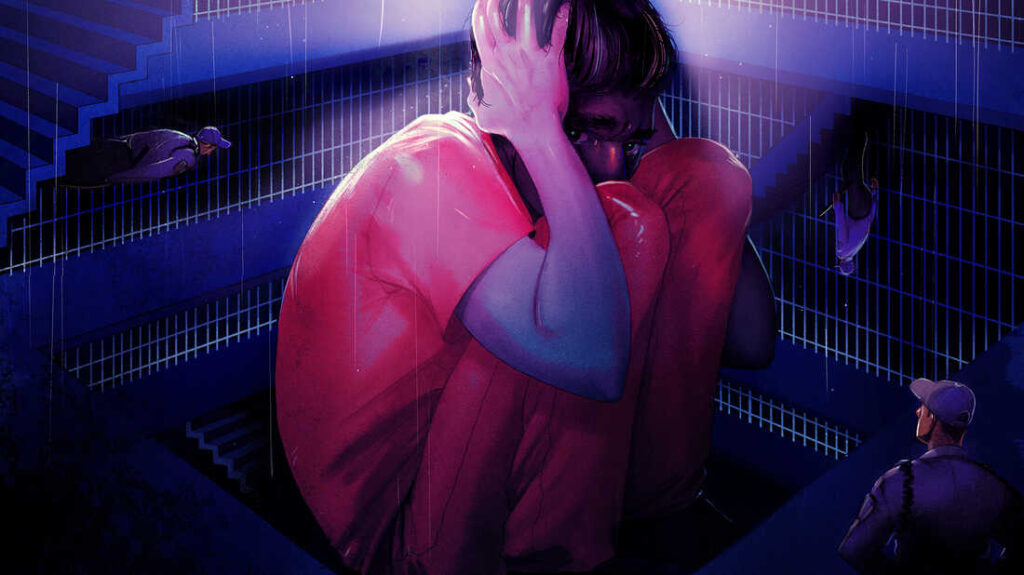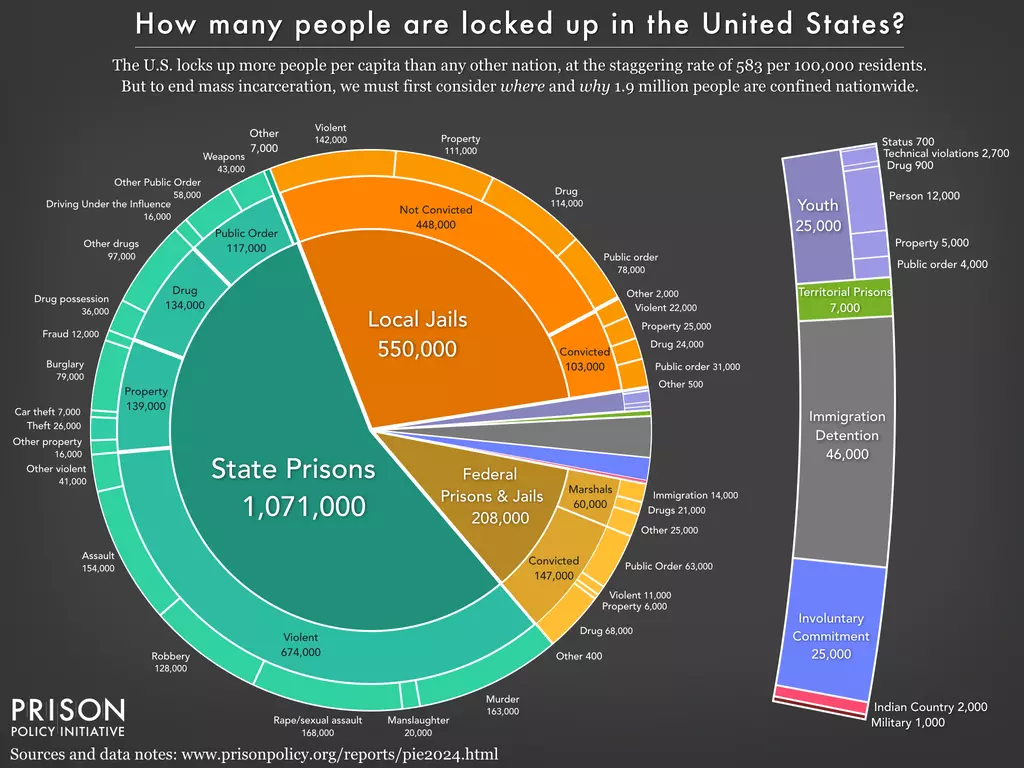At Sustainable Action Now, we believe in fostering thriving communities where every individual has the opportunity to live a healthy, dignified life. Our mission extends beyond environmental sustainability to encompass social justice and the well-being of all.
Today, we turn our focus to a critical, yet often overlooked, public health crisis: the profound and devastating impact of county jail incarceration on individual and community health, ultimately raising death rates across the nation.
The Alarming Reality: Jails and Public Health
County jails, distinct from state or federal prisons, are often the first point of entry into the carceral system. They house individuals awaiting trial, those serving short sentences, or those held for minor infractions. Yet, their impact is anything but minor. Far from being benign holding facilities, jails are increasingly recognized as significant determinants of health, often exacerbating existing vulnerabilities and creating new ones.
The health burdens within these facilities are multifaceted. Individuals entering jails frequently arrive with pre-existing conditions, including chronic illnesses like diabetes, heart disease, and hypertension, as well as mental health disorders and substance use issues. The environment within jails — marked by overcrowding, inadequate medical care, poor sanitation, stress, and isolation — can rapidly deteriorate these conditions. Access to necessary medications is often disrupted, leading to dangerous withdrawal symptoms or uncontrolled chronic diseases. Mental health crises can escalate without proper intervention, sometimes leading to tragic outcomes.
New Research Illuminates the Crisis: A Direct Link to Increased Mortality
Recent, compelling research provides more evidence that county jail incarceration harms health, raising death rates. This groundbreaking analysis underscores a grim reality: time spent in jail is not merely an inconvenience but a significant risk factor for premature death. The studies reveal a disturbing trend where individuals who have been incarcerated in county jails face a substantially higher mortality rate, both during and after their release, compared to their non-incarcerated counterparts.
This elevated risk stems from a confluence of factors. Inside jails, the lack of timely and comprehensive medical attention for acute and chronic conditions is a primary driver. Furthermore, the immense psychological stress of incarceration, coupled with potential exposure to infectious diseases in crowded settings, takes a severe toll. Upon release, individuals often re-enter communities with disrupted social support networks, unstable housing, limited employment opportunities, and a fragmented healthcare continuum. This creates a perilous cycle, where health conditions worsen, and the risk of overdose, suicide, or complications from untreated illnesses dramatically increases. The findings are clear: the carceral system, particularly at the county jail level, is a public health hazard that directly contributes to preventable deaths.
Disproportionate Burden: Where It Hurts Most
The research further highlights a critical disparity: the health burdens of jail expansion are heaviest in places that already lock a lot of people up. This means that communities with high rates of incarceration, often those grappling with systemic poverty, racial injustice, and limited access to resources, bear the brunt of these devastating health consequences. These are the very communities that are disproportionately impacted by the broader carceral system, including the proliferation of facilities like private prisons, which often prioritize profit over rehabilitation and well-being. To learn more about the broader implications of such systems, you can visit https://sustainableactionnow.org/private-prisons/.
In these highly impacted areas, the cycle of incarceration and poor health creates a vicious feedback loop, weakening the social fabric and perpetuating cycles of disadvantage. Families are destabilized, children suffer, and community health indicators decline. The resources poured into maintaining and expanding these carceral systems divert vital funds that could otherwise be invested in public health initiatives, education, housing, and mental health services – the very interventions that truly build healthy, resilient communities.
The Path Forward: Decarceration as a Public Health Imperative
The good news, however, is that the research also points to a clear path forward: those places also would see the largest benefits from decarceration, including fewer deaths each year. Reducing the number of people held in county jails is not just a matter of criminal justice reform; it is a profound public health intervention.
Decarceration, achieved through strategies like diverting individuals with mental health or substance use issues to community-based treatment, reforming bail practices, and reducing sentences for non-violent offenses, offers immense potential. When fewer people are cycled through jails, the immediate benefits include:
- Reduced exposure to harmful jail environments: Preventing the exacerbation of existing conditions and the development of new ones.
- Improved access to care: Enabling individuals to receive continuous, appropriate medical and mental health care in community settings.
- Strengthened community ties: Keeping families intact and supporting individuals in maintaining their social networks.
- Reallocation of resources: Freeing up funds to invest in upstream solutions that address the root causes of crime and poor health, such as affordable housing, job training, education, and accessible healthcare.
By embracing decarceration, we can directly reduce mortality rates, improve public health outcomes, and build stronger, more equitable communities. It is an investment in human lives and a commitment to a sustainable future where justice and well-being are paramount.
Sustainable Action Now: Our Commitment
Sustainable Action Now is dedicated to advocating for policies and practices that prioritize human health and dignity. The evidence is unequivocal: the current reliance on county jail incarceration is a public health disaster. We urge policymakers, community leaders, and concerned citizens to recognize this crisis and champion solutions that promote decarceration and invest in community-based alternatives.
Join us in advocating for a future where our communities are healthy, safe, and just, free from the hidden health burdens of mass incarceration. Together, we can take sustainable action now to save lives and build a better world for everyone.



